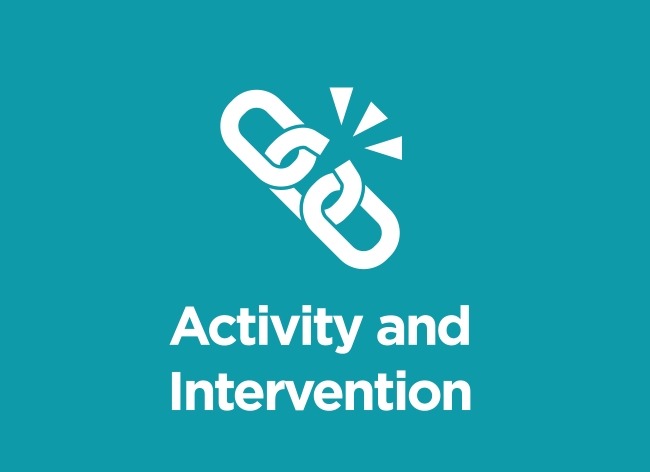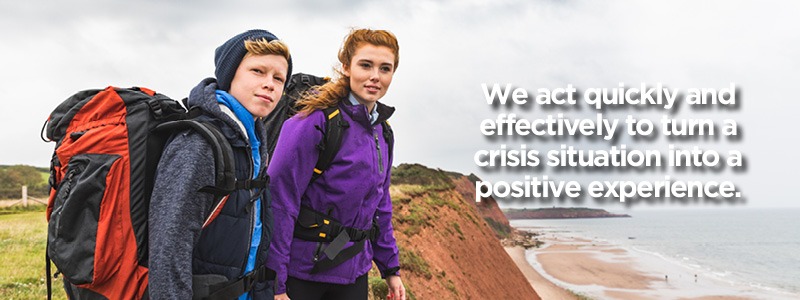Activity and Intervention

A number of our residential services provide emergency crisis intervention placements which offer short term specialist support aimed at enabling young people to settle back into longer term placements.
Being a specialist crisis intervention service provider, we act quickly and effectively to turn a crisis situation into a positive experience by working with the young person to distract them from their negative thought patterns and behaviours. Our goal is to stabilise young people who are struggling to cope.
We do this by putting together physically challenging programmes, which include outdoor activities such as mountain biking, canoeing, kayaking, abseiling, bouldering, climbing, mountain walking, horse riding, as well as slower paced activities (beach walking, fishing, visiting farms and parks).
On completing the programme, the young people all show improved levels of self-esteem, confidence and positivity. Achieving things they never thought were possible, managing risks and developing new skills gives the young people a sense of hope for the future.
Our experienced and highly qualified Activities Manager ensures that the right staff, outdoor activity risk assessments and robust safety procedures are in place. We also consult technical experts when required and are licenced with the AAIS (Adventurous Activities Licensing Service)
Staffing and Location
With the bulk of activities being outdoors, we need to use temporary accommodation such as cottages, caravans, bunk barns and camping in rural locations, so the young person spends time away from home. However, where possible, we will try and keep the young person close to home so they can keep contact or use other local support services.
Our homes offer high staff ratios and young people spend most or all of the time cared for separately to other young people for up to 90 days. We understand that people can feel isolated and lonely if they are on their own, so we can arrange for young people to take part in some activities together as well as on their own once a full risk assessment has been done. This all helps with the transition process of moving back home and into the community after the programme has finished.


